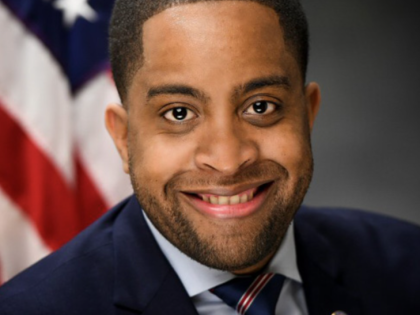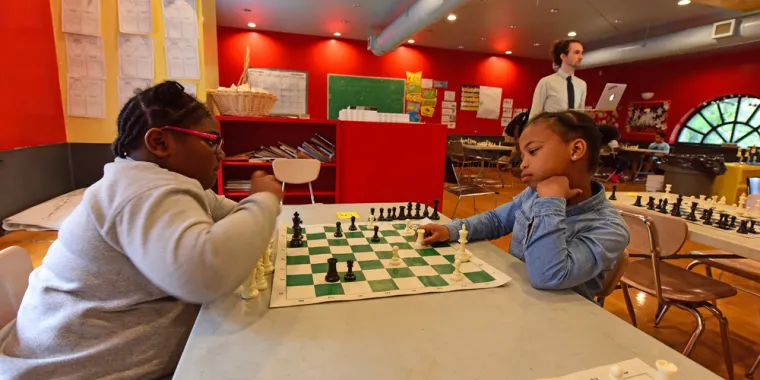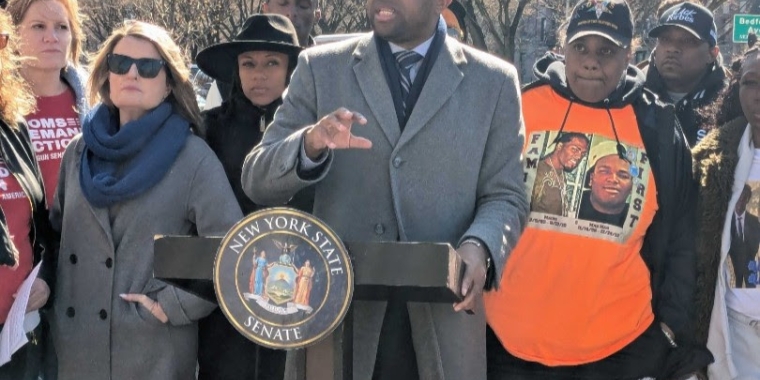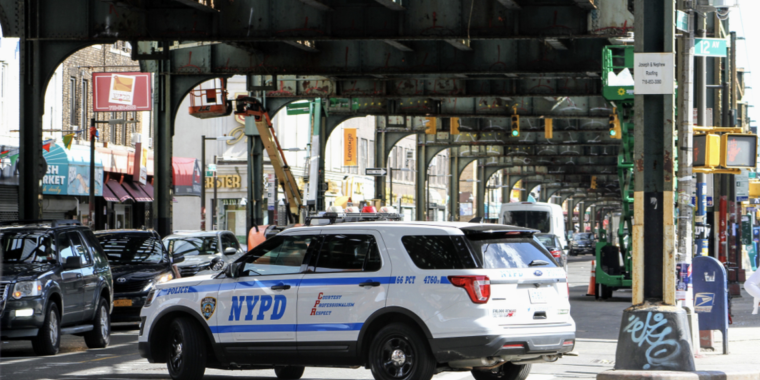
Opinion: More Afterschool Slots Aids Families

This morning, more than 900,000 New York City public school students will start a new year with familiar jitters: new classmates, new teachers and new routines. This afternoon, many of New York City’s working families will face a different anxiety: finding something for the kids to do when the school day ends, and how to pay for it.
Earlier this year, I passed a law requiring New York State to explore creating a universal afterschool program that would guarantee a seat to every student who needs one. This will be the first time the state has conducted such a study, which will examine costs, pay rates for providers and opportunities for collaboration across different agencies. The need for such programming is tremendous.
Today, less than half of city schools offer free afterschool programs, and tens of thousands of students are on waiting lists for available slots. Yet in the face of this challenge, City Hall cut afterschool program seats in this year’s budget. And in late August, we learned of further state cuts to programs serving students in Brooklyn.
Universal afterschool programming would help families fill the gap between school dismissal — often before 3 p.m. — and the end of a typical workday several hours later. These programs would extend the learning that occurs during the day, and keep students engaged in academic and recreational programming during the hours violent crime is most likely to occur. They would also signal a serious commitment to New York’s working families.


